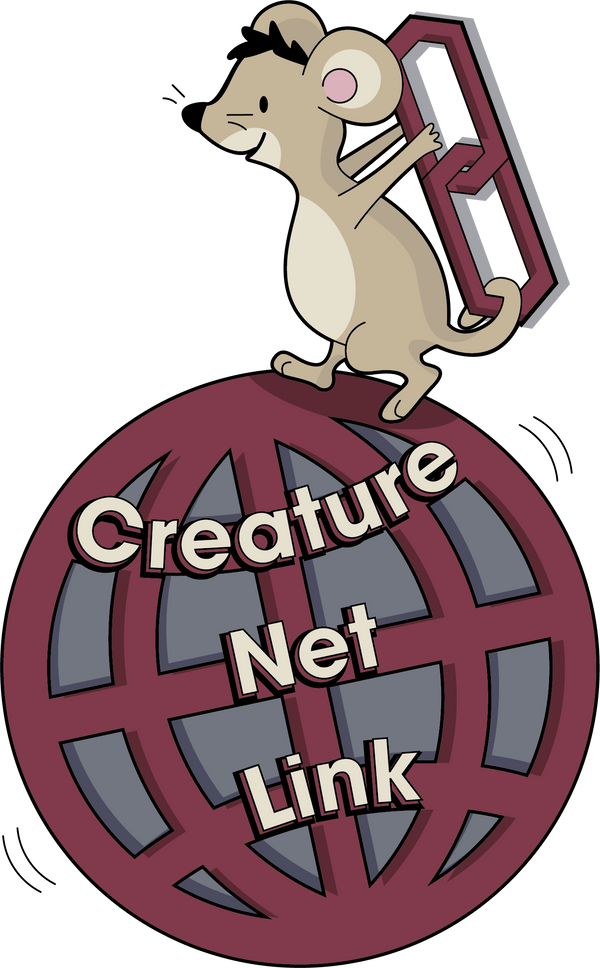
Chronic colic
Share
As much as most of us love our horses, there is no denying that our general husbandry is tremendously unnatural. The various disciplines we engage in are very pleasurable for us and are, really, a test of the bond and trust that is built between the rider and mount. Many hours and a lot of effort is injected into the creation of a strong relationship, and when it all comes together, there is no feeling like it. However, it is nonetheless a wild cry from life in the wild.
Let's look at what a wild horse's environment look like.
They graze, all day and night long, walking many kilometers to find food and water. Their food is restricted to a variety of grasses and plants changing according to season, climate and availability.

So if we look at the above model, we can deduce that horses need to permanently move, slowly, and graze continuously, to fulfil their make up.
I am going to limit this discussion to chronic, mild colics. It is not in the scope of this dialogue to delve into the ins and outs of the more acute, and sometimes traumatic, severe colics.
The below signs, singularly and/or in combination should alert the handler to potential problems. Usually, the chronic colic horse will show similar symptoms, at roughly regular intervals. They are generally mild and also occasionally self-limiting. Your vet should be involved to determine the severity of symptoms and confirming a possible diagnosis.
- not eating
- lip pulling up - flehmen response
- Pawing the ground
- looking and/or kicking at abdomen
- lethargy
- depression
- lying down
- rolling
- increased breathing rate (normal 8-16 breaths per minute)
- increased heart rate (normal 28-40 beats per minute)
- sweating
Your vet will need to perform some test to try make a diagnosis. He/she will do a full clinical exam, including a rectal and a faecal exam. Other tests that could be useful are full blood tests, ultrasound, radiographs and endoscopic exam. Unfortunately, often, a definitive diagnosis is not possible for various reasons, including financial constrains, lack of referral centers and limitations of diagnostic imaging due to the size of horses. Sometimes, even with all possible tests, the diagnosis remains illusive....much to everyone's exacerbation.

Here are some of the most common causes of chronic colic. The intensity can vary, as well as the interval between episodes.
- gut ulcers
- inflammatory bowel disease
- enteroliths (gut stones)
- sand accumulation
- impaction
- tooth pathology
- parasites
- gut or abdominal masses
- other organ problems
- hormonal
- stress
- intense weather conditions like extreme heat and cold
Below is a list of suggestions and recommendations to implement if this is becoming a reoccurring problem. Please make sure that an acute, sever colic is ruled out first.
- increase the fiber content in diet, the type of roughage also has an effect on horses. Some may react to a specific grass. Please make sure you try only one variety of grass at the time.
- decrease carbohydrate content in diet. More roughage and/or beet pulp feed
- psyllium supplementation for 10 days - avoid using it chronically for longer than 10 days
- dentist - regular filing is essential as horse's teeth grow continually throughout their lives. Sharp edges and hooks can cause pain and impair proper food mastication
- deworm with appropriate agents at the appropriate time of the year
- decrease stress - some horses are very sensitive to subtle changes in their environment. Aspects like changes in feeding routines, paddock friends and work regime can have an effect.
- daily exercise - especially the hotter breeds benefit from daily exercise to keep their minds and bodies balanced
- keep feeding area and fomites clean of dust, mold and vermin, and obviously toxins and poisons.
- provide abundant clean, fresh water daily. Warm it up if the weather is very cold, horses don't like drinking icy water.
- slow feeders - these can be useful for those greedy horses that tend to overfeed and not chew their roughage properly.
- wet roughage to increase water intake.
- small, frequent meals if the horses overeat or if the condition is poor.
- salt in hard feed will encourage water intake - especially in the colder winter months
- avoid feeding hay on sandy surfaces - as the horses pick up bits of grass they tend to ingest sand and ground.
- acupuncture
- lifewave patches can be helpful, the cause will determine the type of patch needed
- monitor closely - it's advisable to keep a diary to see if a pattern emerges. This might help identify incriminating factors and possibly prevent or predict further episodes.

Supplements that aid gut condition and thus reduce symptoms:
- Slippery elm and/or marshmallow dried herb or herbal powder assist in soothing mucous membranes
- Good quality fatty acid are good for overall digestion
- nourishes colon lining cells
- supports gut barrier integrity
- regulated immune response
- reduces inflammation
- increases growth of good bacteria
- A comprehensive probiotic
- Chamomile, Valerian are calming herbal supplements
- Tryptophan, Magnesium and theanine are further calming supplements useful, if indicated
Chronic colic can be a very frustrating condition to manage from everyone's perspective: the owner and the treating veterinarian alike. It often also interferes with exercise programs and show schedules, and keeping these individuals competition fit can be a challenge.
https://creaturenetlink.co.za/products/natrofix-equine-1l
Good luck
Dr. Sarah
